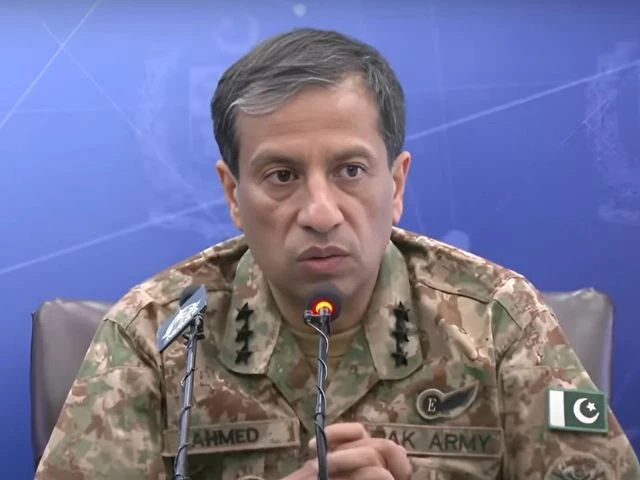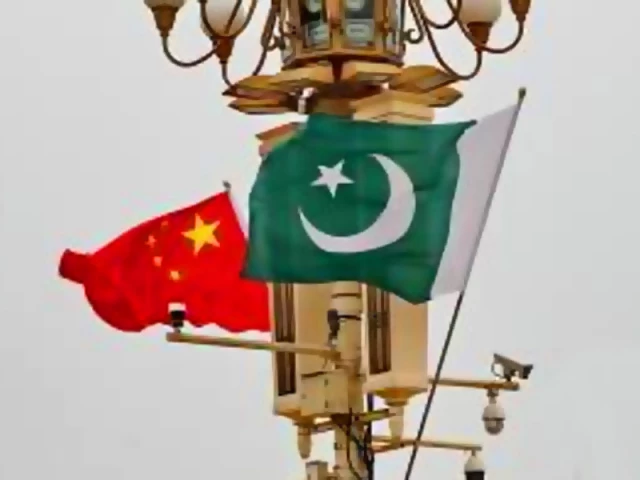Understanding Regional Security and Pakistan’s Position
In recent conversations about global and regional security, Pakistan remains a key player, especially when it comes to nuclear policy. Lt General Ahmed Sharif Chaudhry, the spokesperson for Pakistan’s military, has made some bold statements regarding national security and the threats posed by other nations, specifically India. He emphasizes that Pakistan’s nuclear capabilities are not just secure but invincible.
In an insightful interview with Al Jazeera, General Chaudhry expressed concerns over India’s alleged involvement in fostering terrorism within Pakistan, particularly in destabilized regions like Balochistan. He pointed to organized acts that are not merely isolated incidents but part of a bigger conspiracy aimed at creating unrest and chaos in Pakistan.
One of the more striking aspects of his statement was the terminology he used, introducing terms like "Fitna al-Khawarij" and "Fitna al-Hindustan." Fitna al-Khawarij refers to armed groups that attack Pakistan’s military and state, while Fitna al-Hindustan relates to those terrorists supported by India. Chaudhry insists that these terms highlight the organized and systematic nature of the threats Pakistan faces, and claims that these ties extend to state-sponsored terrorism.
The recent tragic events, such as the bomb blasts in Waziristan that claimed the lives of soldiers and civilians alike, underscore the gravity of Pakistan’s security challenges. General Chaudhry stressed that these attacks are directly linked to Indian support for terrorist groups.
But what does all this mean for Pakistan’s role as a nuclear power? Chaudhry firmly states that any aggression toward Pakistan would not only jeopardize its security but also negatively impact stability in the entire region. He remarked, "seeking military conflict with a nuclear power for questionable goals is sheer stupidity." This reflects a deep-seated belief that the world understands the catastrophic consequences of nuclear confrontation.
Moreover, the general reassured the public that Pakistan’s nuclear arsenal is under reliable management and that it is prepared to defend its sovereignty against external threats. His statements aim to reinforce both national pride and the reality that Pakistan has cemented its place on the global stage as a nuclear entity.
Chaudhry also delved into the geopolitical landscape, affirming Pakistan’s principled support for Iran in light of recent tensions. He dismissed any notions that Pakistan might be the next target of aggression, creating a narrative of confidence in its military readiness and deterrence capabilities.
In the end, understanding these regional dynamics and Pakistan’s position helps us appreciate the complexities of international relations today. For those interested in staying updated on topics like these or in learning more about regional security, Pro21st offers insightful perspectives and valuable resources. Connecting with them could provide you deeper insights into the evolving geopolitical landscape.
At Pro21st, we believe in sharing updates that matter.
Stay connected for more real conversations, fresh insights, and 21st-century perspectives.





